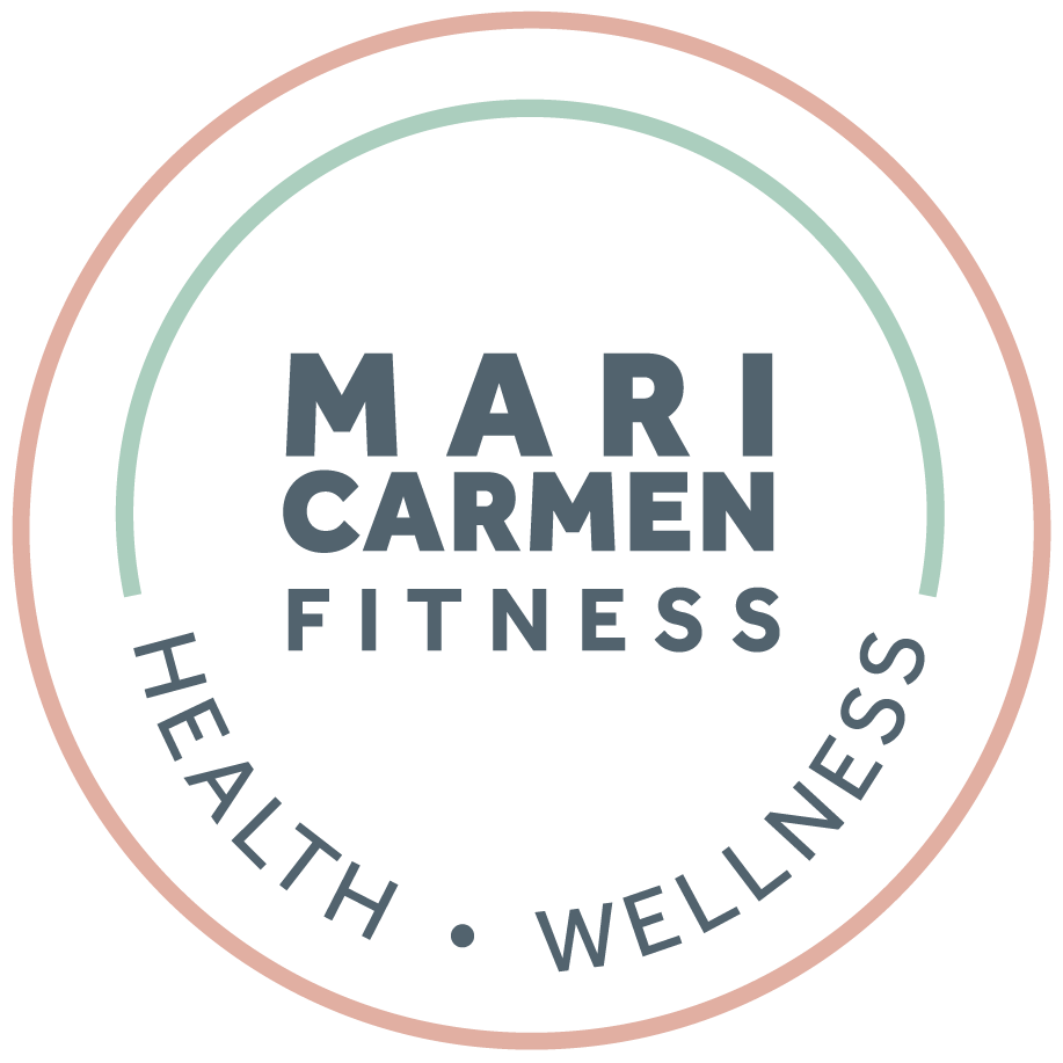Nutrition In The First 6 Weeks Of Postpartum…
As a mother of 3 and a health and fitness coach for women, a specialist in pre and postnatal fitness. This topic is very important to me, still so many women after having a baby put a tremendous amount of pressure on themselves to get back to ‘pre-baby weight’ in a hurry. This often brings a highly restrictive diet and very low calories. This is not what your body needs when it is healing and tired. My goal is to educate you about the importance of nutrition in those early postpartum days and to shift the emphasis from weight loss to nourishment and healing.
Nutrition is a key component of postpartum healing. A nutrient-dense diet full of complex carbs, fibre, healthy fats and protein combined with adequate nutrition can heal the body. Remember you have spent the last 9 months growing your little human so be patient with your body. It is also important to remember that lactation also places a high demand on the body and decreased micronutrient stores can heighten postpartum depression risk.
Here are my top tips to consider when it comes to postpartum nutrition in the first 6 weeks.
Anti-inflammatory foods for recovery. Anti-inflammatory, nutrient-rich foods help inhibit the release of pro-inflammatory cytokines; molecules that regulate inflammation levels. Since your goals are to heal your body, rebuild your tissues, and protect your mental health, produce breast milk (if you are breastfeeding) and restore nutrient levels. Consider the following foods to include in your body; leafy greens, fruits, berries, iron-rich proteins like red meat, healthy fats like coconut oil and avocados,
Additional healing foods for postpartum; collagen often found in bone broth and meats with bones. Vitamin A found in beef liver, carrots, sweet potato, kale, and the best supplement to take is cod liver oil. Vitamin C is found in kiwis, oranges, strawberries, peppers, broccoli etc. Vitamin B12 is best found in liver, sardines, lamb and salmon.
Iron is essential for maintaining healthy blood and energy levels and helps replenish blood stores from labour. Many women are prescribed iron supplements in the early postpartum period due to low haemoglobin from childbirth. Having a diet full of iron-rich foods will help replenish iron levels too. Iron-rich foods include lean meats, shellfish, leafy vegetables, canned sardines and canned tuna.
Zinc is produced in the body to help support a healthy immune system. Pregnant and lactating women are at increased risk of zinc deficiency. Signs of deficiency include hair loss and slow healing of wounds. Foods that contain zinc are oysters, red meat, poultry, nuts, whole grains and fortified breakfast cereals.
Protein. Foods rich in protein are essential for tissue repair, immune response, healing and breastfeeding. Protein is also important for serotonin production, which helps regulate mood. Foods high in protein include animal proteins, beans, lentils, nuts and seeds.
Hydration. Water is essential for postpartum to help reduce swelling, flush excess sodium from the body and for lactation. The recommendation is to drink between 2-3 litres of water each day, aim for 3 litres if you are breastfeeding.
FINALLY…postpartum nutrition is NOT about weight loss. The body has been through a huge amount of trauma and changes. The first 6 weeks should be focusing on healing and fuelling the body with a diet packed full of nutritious foods not depriving it of calories. If you are breastfeeding the recommendation is to consume an extra 500 calories. If energy needs are not met, the body will use protein as a source of energy rather than to heal the wounds.
If you are looking for support with your postpartum recovery why not check out FIT MAMA Powered By Mari Carmen Fitness App; not just another fitness app. When you download the app not only will you get a 7-day free trial you will also have access to our 6-week postpartum program; fitness workouts from Mari Carmen Fitness, Barre, Yoga, Pilates and additional informative content from women’s health physios to support your recovery. Clear here to find out more.
